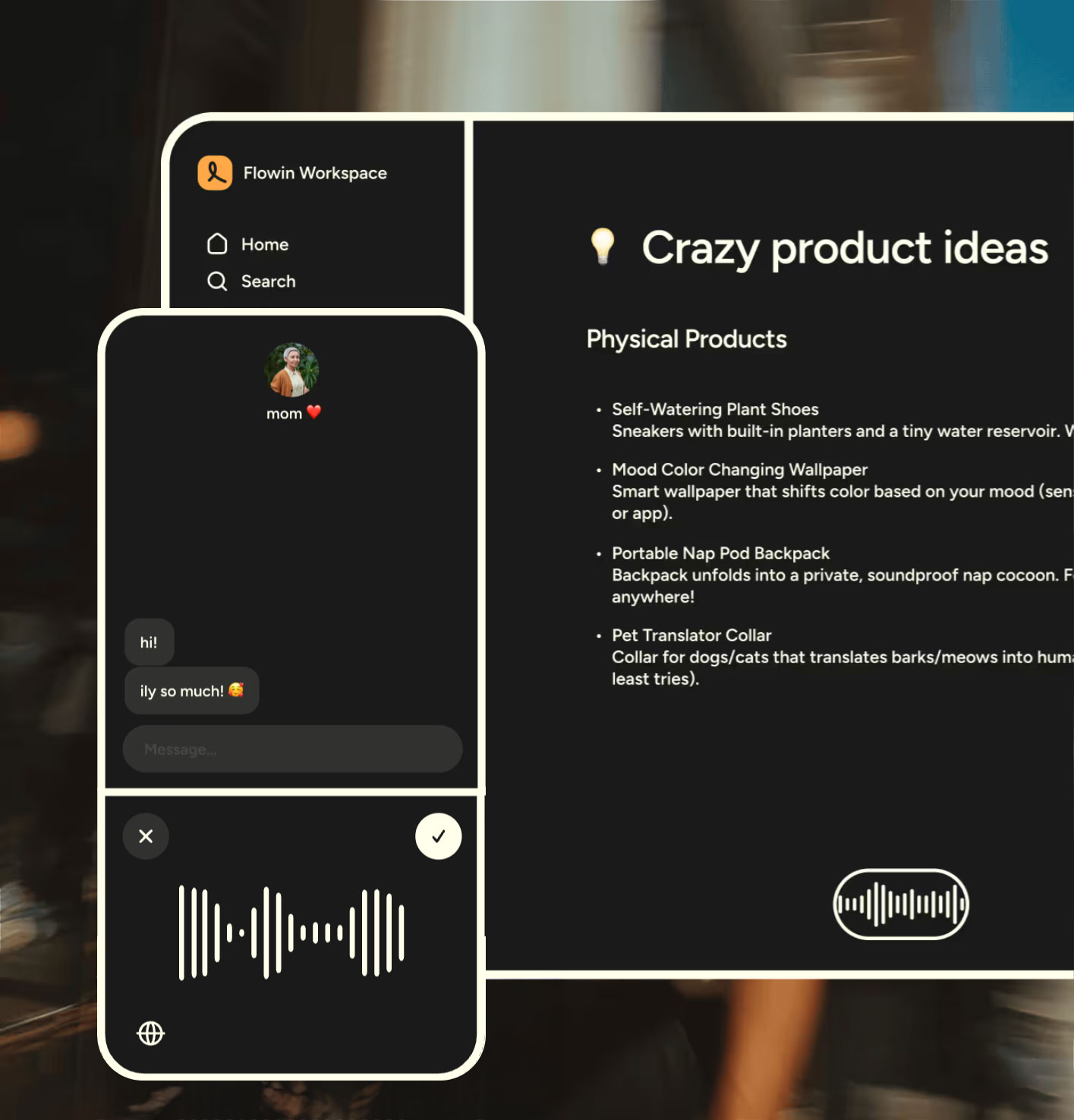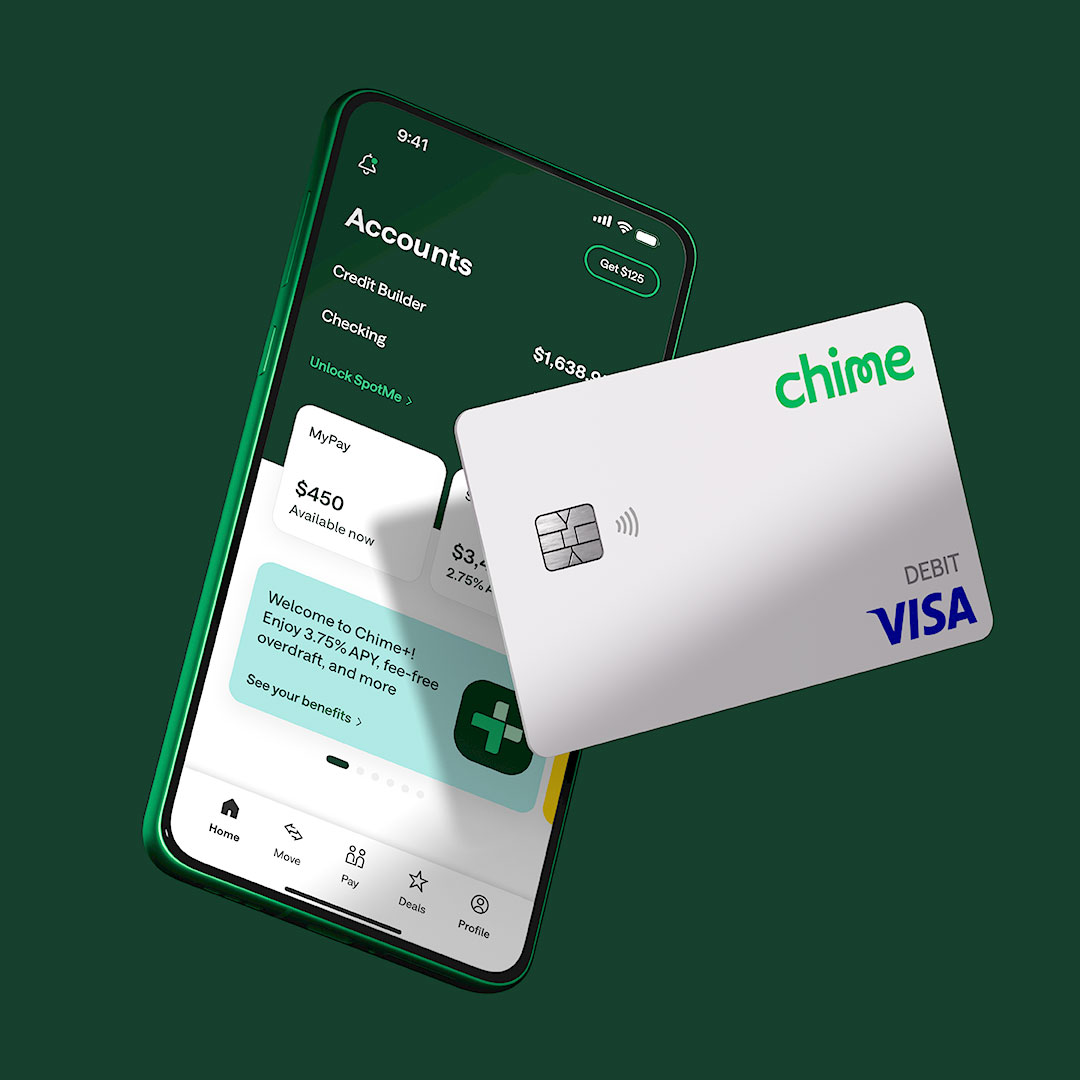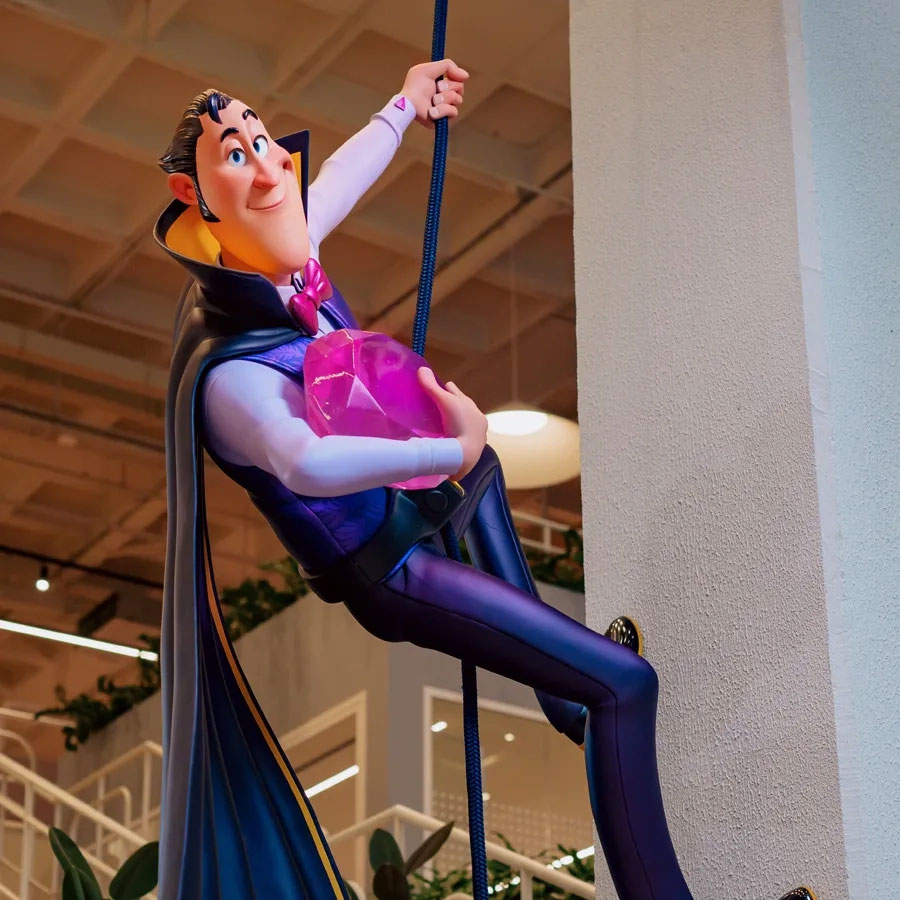Long before Uber, Tesla, and Getaround, a group of executives in Circuit City decided to launch a spinoff to disrupt the transportation market. They wanted to change how people bought used cars, and they succeeded. Over the course of 24 years, they built a business that today has more than 123 superstores, has sold more than two million cars, and has a market cap worth more than $12 billion. At the Menlo CEO Summit, Austin Ligon walked us through the history of founding CarMax—the challenges, the decisions, and how he faced down one of the most powerful lobbying groups in America (Auto Dealers) and won.
Below, a few key insights from Austin’s talk, which is just a small part of Austin’s amazing story.
If you want to build a billion-dollar company, look for big business segments
The best kind of multi-billion dollar business segment is one that nobody realized existed. Automobile sales are 21% of all retail sales, but nobody ever thought of used cars as an industry. Which actually was really good because what that meant was nobody was thinking about this.
Build a hybrid business
My favorite kind of businesses are hybrid businesses, that is, businesses that have one foot in the internet, and one foot in the nasty real world, where they have to manage people in the field, they have to manage warehouses. The world is divided into two kinds of businesses, Amazon businesses and eBay businesses. Amazon businesses are have to move stuff, manage people. eBay businesses are all electronic. You create competitive value and competitive protectability by doing things that are hard. Embracing things that are hard, which usually takes a little longer, is a little more complex, but it makes it more competitively protectable.
Do your consumer research
We spent three weeks doing it in focus group rooms, but we did pretty much what I just did with you. We asked people, all of whom had been shopping for cars recently, new or used, tell us what it is you like about the car shopping process. The answer’s always the same: Silence. Somebody raises their hand and says, “Let me tell you what I don’t like.” You’re off to the races. Fundamentally, consistently, across all men, all women, and men and women together, you learn a lot of things from those mixes. When you align people’s incentives with the customer’s goals, you get a 99% approval rate.
Take time to develop your great idea
Being engineers, retail guys, operations guys, we thought this would be hard. We knew that big box tends to attract a lot of competition quickly, but we gave ourselves time. We built one store, we ran it for a year. We focused on the processes and operational issues. We built a second store and ran it for a year. Two stores, ran them for a year.
Sometimes you have to do the intelligent thing, and stop growth
We attracted a guy named Wayne Huizenga who had done waste management and Blockbuster. He raised $2 billion on Wall Street, launched AutoNation, and bought out the four other guys who had gone into the business. We decided to begin our roll out after six stores. We built thirty stores in thirty months. We went from a store a year to a store every six months to a store a month for thirty months. We had prepared ourselves for that. We were operating guys. We were industrial engineers. We knew how to do this. Wayne built or bought 42 stores in that period of time. Have you ever seen the movie “Enemy At The Gates”? It felt a bit like that. The good news is, we were the Russians.
At the end of three years, we had lost 100 million dollars. The better news was that AutoNation had lost a billion dollars. They rolled into a traditional operator of a new car roll up, which is what they are today. On or about December 13, 1999, at 9:30 AM, they padlocked every other used car superstore in the nation that wasn’t run by CarMax and since that time we have not had a head-to-head competitor because everybody walked away.
What we did is the intelligence thing, which is stop growth because growth has an enormous operational penalty and we knew that…. That made Wall Street unhappy, but we knew if we stopped growth, there was an enormous amount of operational low-hanging fruit. We, in fact, turned our first penny of profit the next year and within a couple of years we’re making close to 100 million dollars in profit. It was a profitable business, it’s just the penalty of growth had been so high that it was overwhelming us.
Embrace the difficult stuff
Hybrid businesses are particularly attractive because they come with all these thorns. If you can master the thorns, and particularly if you can master them in a unique way, rather than trying to avoid the costly or difficult or time-consuming things that are attached to a business, figure out how you can do that uniquely well, better than anyone else.





